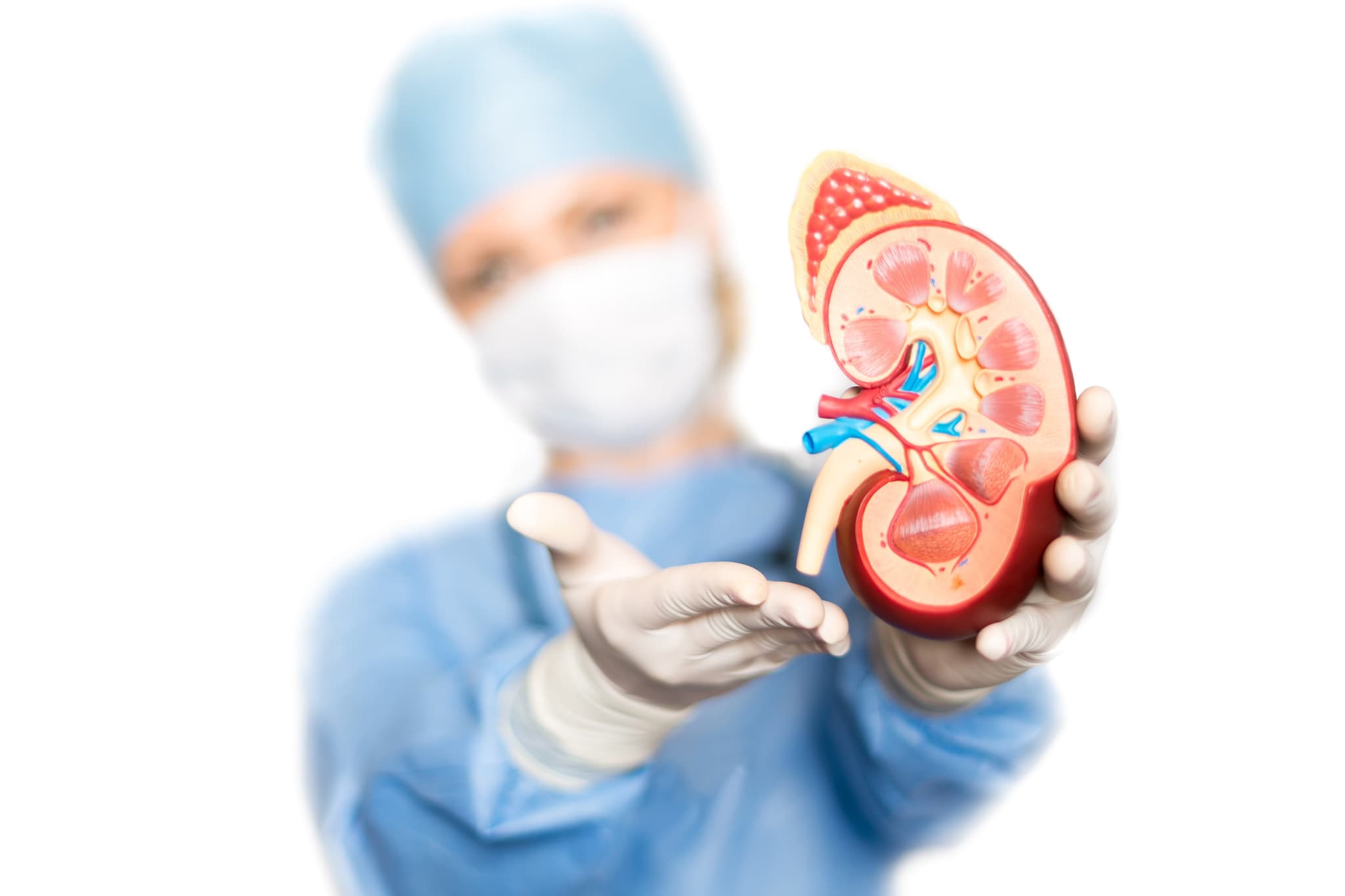
2023-02-15T16:39:02
Understanding Care Coordination & Its Value
- Nephrology
- Value-Based Care
August 18, 2016 | Nephrology
Specialties:Nephrology (Kidney Care)

When kidneys are healthy, they purify your blood by removing wastes, minerals and excess fluid. They also produce bone-strengthening hormones. But if your kidneys sustain damage that impairs their filtering functionality, these waste materials build up, causing you to retain fluids. As a result, blood pressure rises, and your blood’s chemical makeup becomes unbalanced. This loss of normal kidney function is called kidney, or renal, failure.
There are two types of kidney failure – acute and chronic. Acute kidney failure happens suddenly, developing over a few hours or a few days, and typically occurs in conjunction with another serious medical condition, often in hospitalized patients. Acute kidney failure can be fatal and requires intensive treatment, but if the patient is otherwise in good health, it’s possible to recover normal, or nearly normal, kidney function.
Chronic kidney failure progresses slowly over at least three months and can lead to permanent kidney failure. One in 10 American adults – more than 20 million – have some level of chronic kidney disease, or CKD, according to the Centers for Disease Control and Prevention.
In some cases, acute kidney failure causes no symptoms and is detected through lab tests done for another reason. Acute kidney failure can occur when:
Heart attack
Infection
Liver failure
Use of aspirin, ibuprofen, naproxen or related drugs
Severe allergic reaction (anaphylaxis)
Severe burns
Cholesterol deposits that block blood flow in the kidneys
Blood clots in the veins and arteries in and around the kidneys
Medications, such as certain chemotherapy drugs, antibiotics, dyes used during imaging tests, and drugs used to treat osteoporosis and high blood calcium levels
Scleroderma, a group of rare diseases affecting the skin and connective tissues
Toxins, such as alcohol, cocaine and heavy metals
Enlarged prostate and prostate cancer
Bladder cancer
Cervical cancer
Colon cancer
Acute and chronic kidney failure can have different symptoms. Signs and symptoms of acute kidney failure may include:
No urine output or high urine output
Back and/or abdominal pain
Fluid retention, causing swelling in your legs, ankles or feet
Shortness of breath
Fatigue, drowsiness and weakness
Mental disorientation or confusion
Nausea and vomiting
Chest pain or pressure
Diarrhea or bloody diarrhea
Fever
Rash
Seizures or coma in severe cases
In addition to the above, chronic kidney failure symptoms may include: bone pain, muscle cramps, recurrent urinary tract infections, urinary incontinence, bad breath or metallic taste in mouth, and itchy or dry skin.
Occasionally, acute kidney failure causes permanent loss of kidney function, or end-stage renal disease (ESRD), which can result in death. People with end-stage renal disease require treatment to replace the work of the failed kidneys and remove toxins and wastes from the body. Treatment options include medications, diuretic therapy, dialysis or a kidney transplant.
Your nephrologist will recommend treatment based on the severity of your kidney disease and the degree of kidney function that remains. Your age, overall health and medical history will also be considered. You’ll need to change how you eat and make other lifestyle adjustments, but with the help of your healthcare provider, it’s possible to lead a full and active life.
Do you have questions or concerns about kidney health? Revere Health Nephrologists are trained kidney specialists with six locations throughout Utah. Our physicians treat a variety of issues including kidney disease, hypertension and kidney stones. We work with your primary care physician to handle your treatment.
Sources:
Mayo Clinic
Medline Plus: Kidney Failure
Medline Plus: Dialysis
Hopkins Medicine
WRITTEN BY:
The Live Better Team

2023-02-15T16:39:02

2019-10-10T13:34:53

2019-04-03T13:30:08

2018-03-19T11:05:38
This information is not intended to replace the advice of a medical professional. You should always consult your doctor before making decisions about your health.